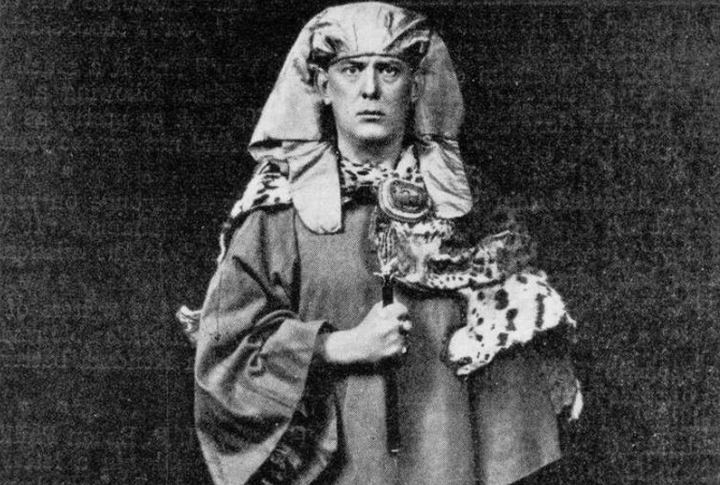
What if the most influential groups in history operated completely in the shadows? These secret societies have quietly reshaped political shifts and cultural movements for centuries. They controlled vast wealth and built powerful, invisible networks that left an undeniable mark on the world. To understand the present better, let’s pull back the curtain and explore the 10 secret societies that quietly rewrote history.
Mithraism
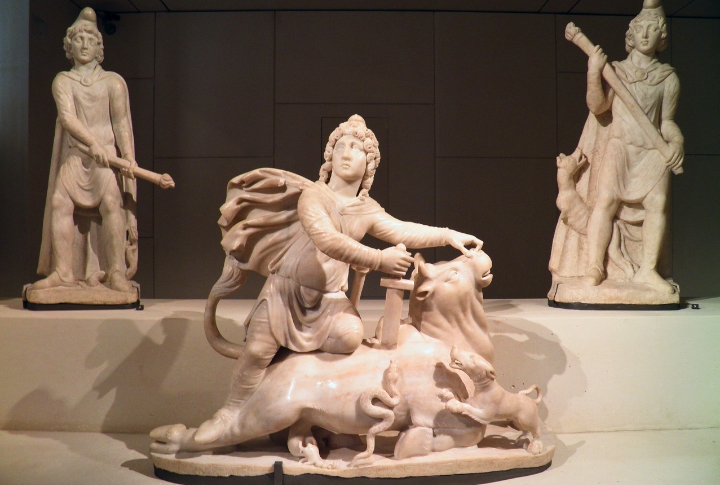
Mithraism revolved around the worship of Mithras, a deity associated with light, loyalty, and cosmic order. Followers gathered in underground temples called mithraea, where they underwent secretive initiation rites and shared ritual meals. Its cryptic rituals and layered symbolism continue to intrigue historians and fuel speculation about ancient spiritual networks and hidden knowledge.
Freemasons
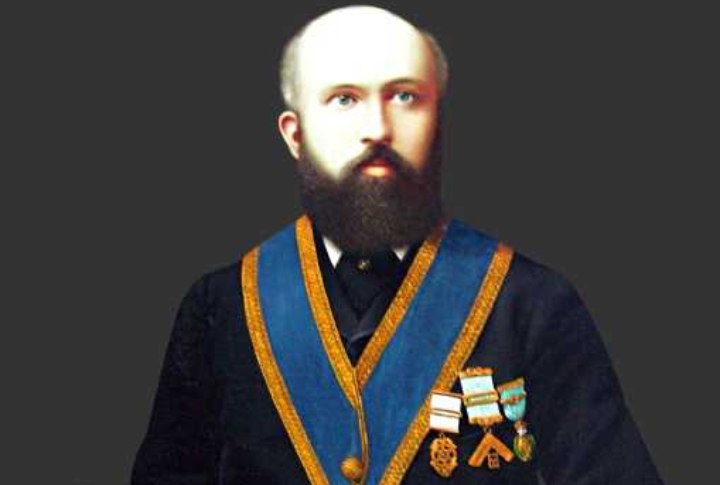
Freemasons was a powerful brotherhood that influenced key political change. Many of its members, including Benjamin Franklin, influenced the American and French Revolutions. Their symbolic tools, layered on with secretive rituals, still pique curiosity.
Thule Society
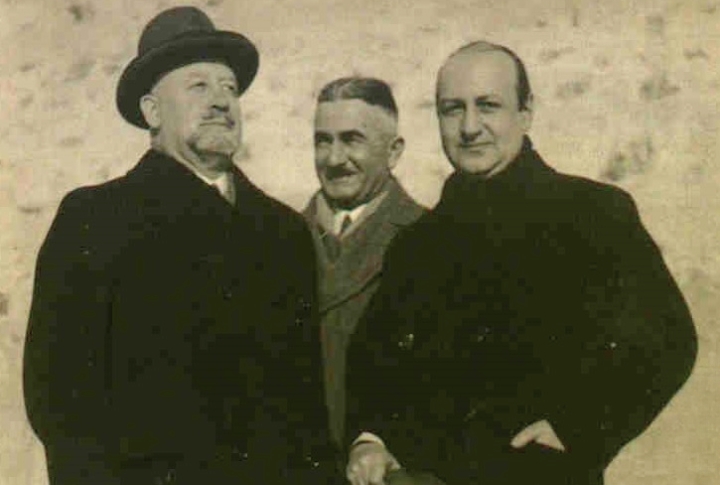
Named for a mythical northern land, the Thule Society helped fuel the early Nazi Party. Promoting a mix of Nordic mythology and anti-Semitic beliefs, the group’s dangerous philosophy was ultimately reshaping a political ideology. What lingers today is a dark and troubling part of history.
Golden Dawn
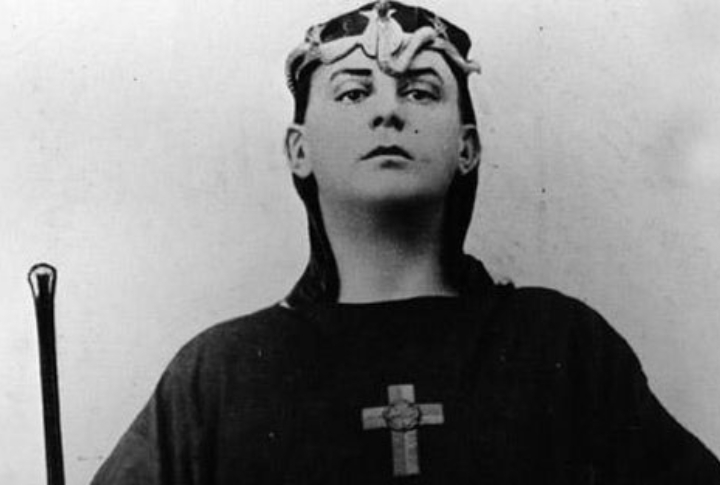
Golden Dawn was a secret group that studied magic and left a quiet but lasting influence on modern Wicca. The group drew in thinkers like W.B. Yeats, who studied its teachings from a mysterious cipher manuscript. However, disputes with members like Aleister Crowley eventually caused its collapse.
Boxers
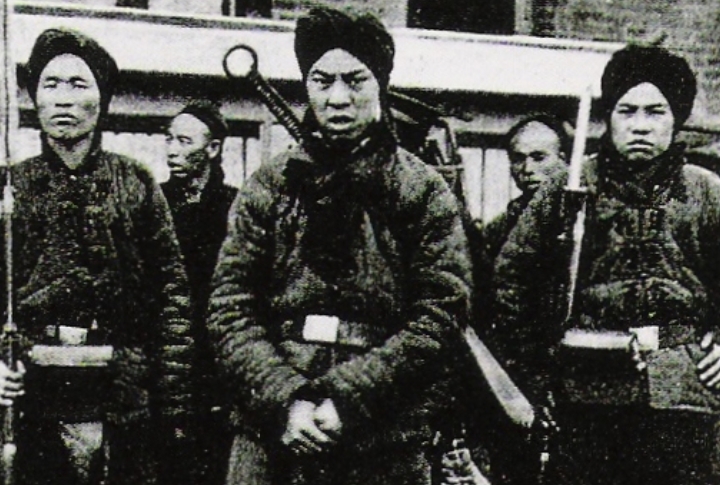
Known as the Righteous and Harmonious Fists, Boxers led an anti-foreign rebellion. Many Boxers believed that through martial arts, rituals, and spirit possession, they could become immune to bullets and physical harm. The Boxer Rebellion ultimately weakened the Qing dynasty and played a huge role in China’s transition towards forming a republic.
Molly Maguires
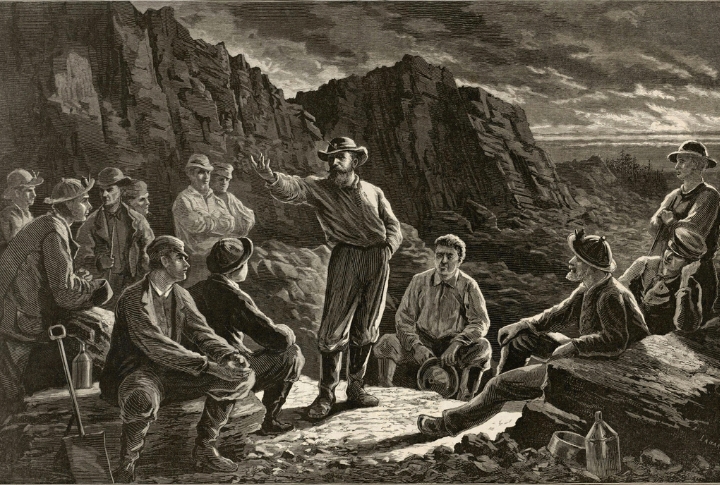
This was a secret society that opposed harsh working conditions in 19th-century Pennsylvania. They tried to organize coal miners but faced infiltration that often led to controversial executions. The movement’s story stands as a powerful account of labor resistance.
Knights Templar
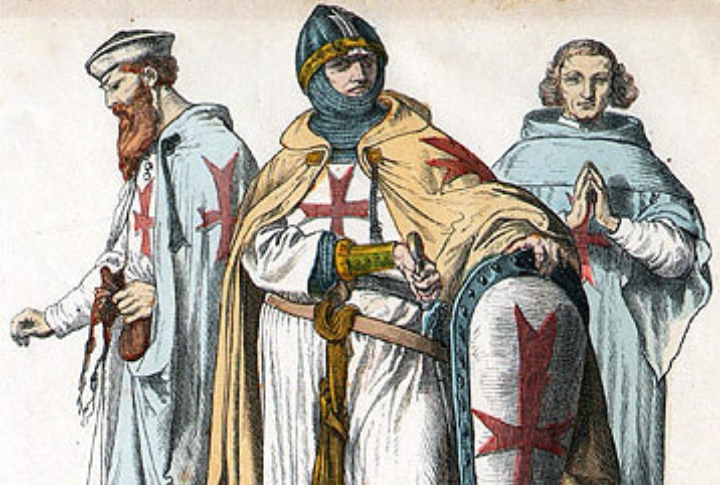
Templars wore white mantles with a red cross, symbolizing purity and martyrdom. Beyond the battlefield, they developed an early form of banking, allowing pilgrims to deposit funds in Europe and withdraw them in the Levant. Their growing wealth and independence made them powerful—and controversial.
Ancient Order Of Druids
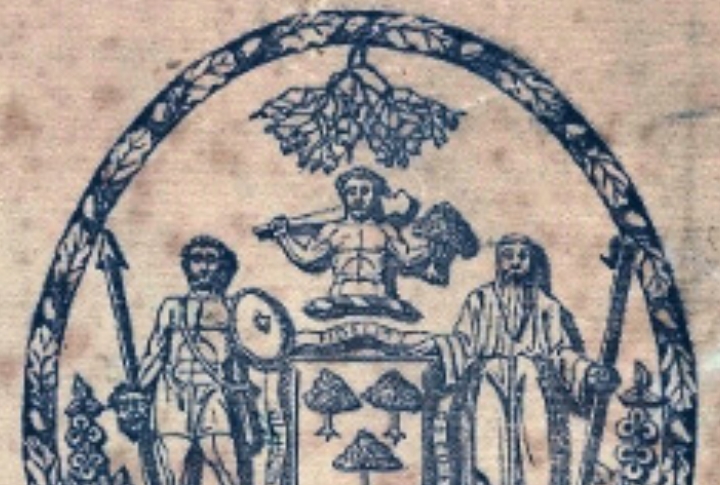
Unlike ancient Druids, this modern fraternal order emerged as a revival of Celtic heritage. Lodges promoted charity and cultural traditions while staging elaborate rituals at Stonehenge. Notable members such as Winston Churchill linked the society to history and gave it lasting prestige.
Carbonari
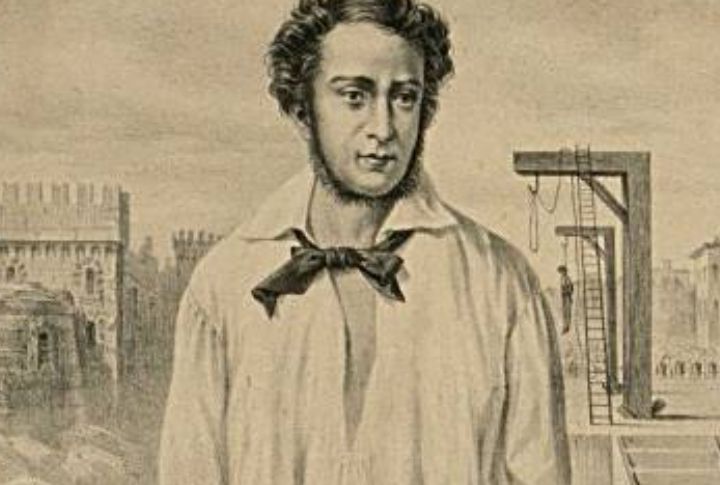
Secret meetings in hidden huts allowed Carbonari members to communicate safely using coded signs. These actions helped spark revolts that eventually shaped Italy’s path to unification. Named “charcoal burners,” Carbonari played a central role in 19th-century nationalist movements.
Illuminati
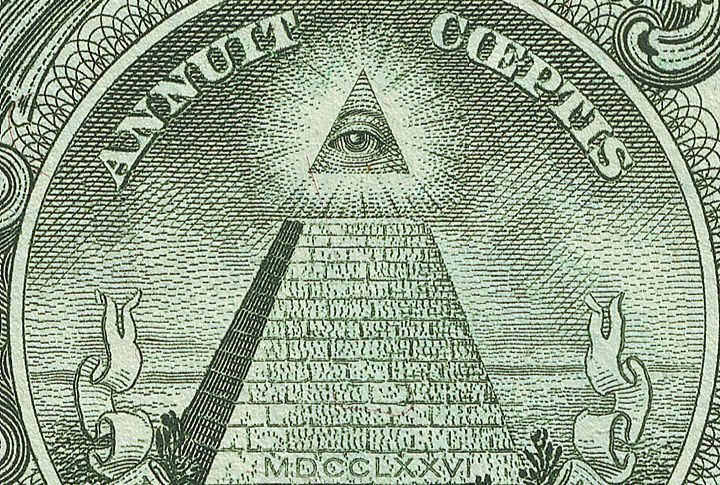
Founded in 1776, the Illuminati promoted justice and equality. The group also worked to end superstition and monarchy. Though later banned by the Bavarian government, their mysterious legacy sparked centuries of conspiracy theories. Some people still believe that the Illuminati continue to operate behind the scenes, steering humanity toward a secretive “New World Order.”

